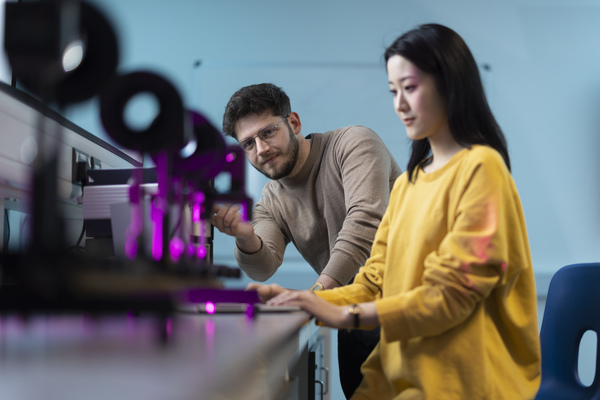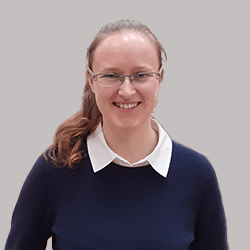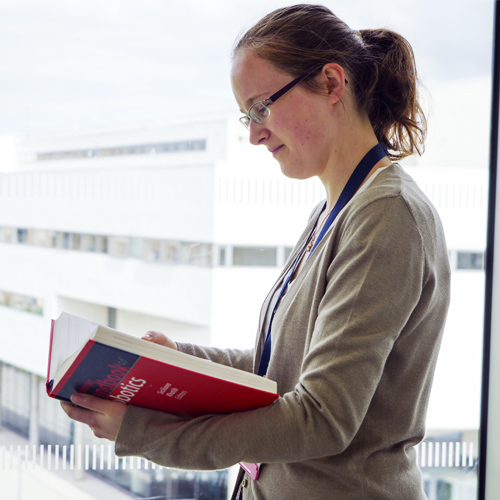Theory Into Practice
Sarah is currently developing simulation software to test the viability of the proposal. She will then start working on building a prototype unit and start actual operational tests.
“The robotics facilities here at Lincoln are very good,” says Sarah. “And the engineering technicians are fantastic. They are helping us to create a test environment for the prototypes, which will include a cage that can simulate the interior of a reactor so we can see how the walking robotic manipulator can deal with different tasks.
"Of course, my project and supervisory teams are making this possible. This includes Dr Manu Nair, Professor Marc Hanheide, Tabia Bechir from United Kingdom Atomic Energy Authority, and specfically Professor Mini Rai, who secured this PhD and the collaboration with UKAEA."
As part of her PhD, Sarah has also had the chance to see a fusion reactor for herself, visiting the Joint European Torus (JET) nuclear fusion facility in Oxfordshire, which is the site of the newly decommissioned tokamak reactor. She said the experience was “one of the highlights of her studies so far.”

/prod01/university-of-lincoln-cdn-pxl/media/responsive2017/images/course/uspimages600X400/Sarah,Reade,banner,1600X600.jpg )


